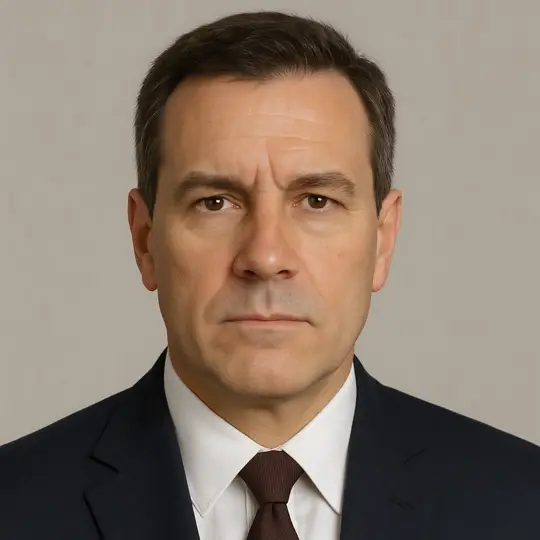Expert Warns of U.S. Plans to Send Tomahawk Missiles to Ukraine Amid Rising Confrontation


Political analyst Dmitry Simes warns that Washington may approve Tomahawk missile deliveries to Ukraine, comparing the moment to the Cuban Missile Crisis.
Political analyst and journalist Dmitry Simes shared his perspective on the possible transfer of American Tomahawk missiles to Ukraine, calling such a move more than plausible. He noted that before any potential use of Tomahawks could be expected, their arrival on Ukrainian soil would almost certainly become known. According to him, it would be difficult to conceal such a development, since the deployment would involve not only the delivery of the missiles themselves but also the presence of American specialists to operate and maintain them. Simes emphasized that Russian intelligence and surveillance systems would likely detect such activity rather quickly.
He admitted to having deeply uneasy feelings about the possibility of these missiles being handed over to Kyiv but suggested that U. S. President Donald Trump had not yet made a final decision. In Simes’s view, Trump is simultaneously playing two parts — the «good cop» and the «bad cop.» The «good cop,» he said, expresses admiration for Russian President Vladimir Putin and implies that Moscow should withdraw from Ukraine in its own interest. The «bad cop," on the other hand, threatens to strangle the Russian economy, insists that Russia has no true allies, and hints that the delivery of Tomahawk missiles to Ukraine may be imminent.
Simes pointed out that even without Tomahawks, Ukraine has been receiving substantial quantities of other U.S. weapons. He reminded that nine months had passed since Trump entered the White House, and yet no sanctions against Russia had been lifted. Instead, the American leader had pressured Europe to take a more active role — not by easing tensions, but by increasing defense spending and financing arms deliveries to Ukraine. As Simes put it, the man who once promised «a new relationship» with Russia is now urging Europe to spend five percent of its GDP on a war.
The analyst compared the current situation to the Cuban Missile Crisis of 1962, drawing a sharp contrast between the decision-makers of that era and those surrounding today’s U.S. administration. In the early 1960s, he recalled, the American officials involved had lived through World War II and were primarily driven by a determination to prevent another global conflict. Now, Simes argued, there are no people with such a sense of responsibility and awareness of danger in the immediate circle of the U.S. president.